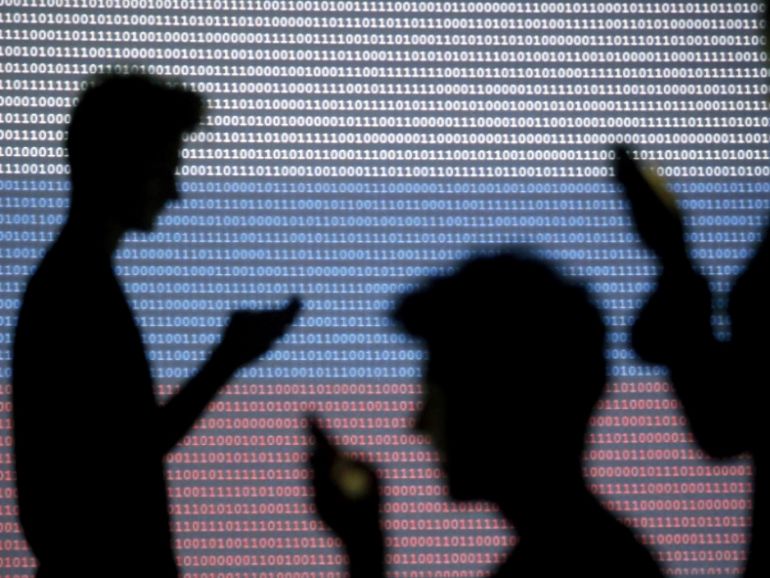Russia's internet watchdog says it has banned Facebook across the country, joining some of the world's most repressive regimes by isolating its citizens from the largest international social network.
In a report published by the "Washington Post", writer Will Orimus said that the Russian watchdog Roskomnadzor had taken a step to block the free flow of information, and blamed Facebook for its restrictions on Russian state media in the days Last.
According to the author;
The Kremlin’s crackdown on Facebook is not so much a restriction on free speech as it is a maneuver with a broader and far-reaching goal, especially given that Russian President Vladimir Putin has spent years cracking down on press and online freedoms and arresting protesters. Contrary to what Western observers might assume, it is It is not directly related to restricting Russians' access to social media, but rather a maneuver designed to intimidate other social networks.
The writer points out that unlike many countries where Facebook is a dominant social platform, this is not the case in Russia.
Less than 10% of the population uses Facebook, according to eMarketer data, and instead the most popular platforms are Russia's VK, along with YouTube and Telegram. Telegram, WhatsApp, Instagram, and for the vast majority of Russians, the ban on Facebook has little or no effect on communication and daily life.
The writer shows that the initial indications indicate that WhatsApp and Instagram will remain available to the Russians at least for the time being, although they are also owned by the parent company “Meta” affiliated with Facebook, as well as the case for the YouTube platform, in light of the restrictions it imposes on channels. While some reports indicated that the Twitter platform was not available in Russia last Friday, although neither the state nor the company confirmed that it was actually banned. .
Reports stated that Twitter was not available in Russia last Friday, although neither the state nor the company confirmed that it was actually blocked (Reuters)
Hence, as the writer said, the Facebook ban is a dramatic and largely symbolic move that sends a warning and a threat to the West, and with the Facebook platform very prominence in the West, the move is expected to make headlines outside Russia, but it provokes relatively little anger from within. The watchdog can now signal its tough stance against Facebook in its ongoing disputes with both Meta and other social media companies that have large Russian user bases.
The writer quoted Roscom Nadzor in her statement on her channel on her Telegram, in which she said that she had recently sent messages to Google and TikTok to pressure them on issues related to their restrictions on Russian state media, and the Tik algorithm. She said that she recommends videos related to the war in Ukraine for minors, especially since TikTok has become a major source for videos related to the conflict in Ukraine.
At a time when the site has struggled to maintain the balance of its relations with Russia and the West since the outbreak of the war, and Russia - last month - warned major US technology companies that they must comply with a new law requiring them to establish legal entities within the country, giving the government greater influence over them. .
The writer believes that it is not clear at this point whether Russia’s ban on Facebook is temporary or permanent, and whether other campaigns on other social networks in the country will follow;
This is in line with the rules of the game that Russia and other countries have increasingly used to try to control social media, said Ali Funk, senior research analyst for technology and democracy at Freedom House.
"We increasingly see platform blocking as a way for governments to force companies to comply with state surveillance and demands for surveillance, as they harness the power of platforms for their own political gain," Funk added.

